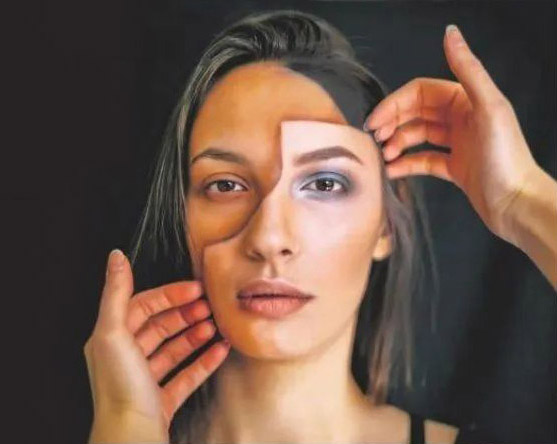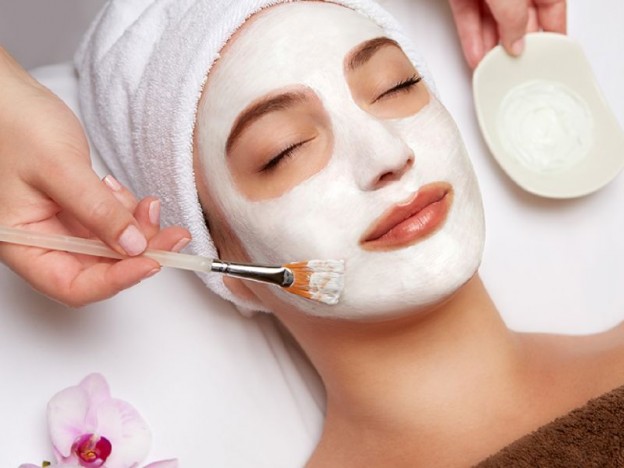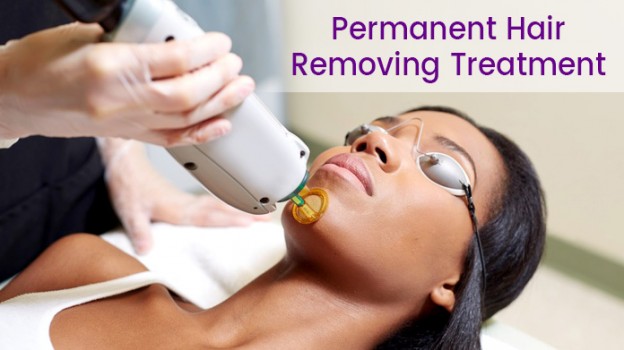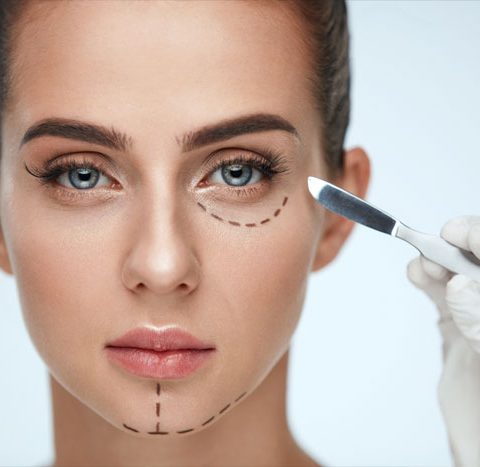DISCRIMINATION on the basis of skin colour as practiced in the modern glamourous world is, perhaps, the most visible form of racism. The issue, which came to light recently after protests around #BlackLivesMatter, became so discomforting that some brands, which have, so far, associated fairness with marriage, career and success in their advertisements, had to remove the word ‘fair’ from their brand name. However, will renaming a fairness cream stop this discrimination, especially when obsession for fair skin goes beyond age, caste, religion, and social status.
The craze with getting fairer can be judged from the fact that skin-lightening or “fairness” creams are big business in India. Skin-whitening products are particularly popular in Asian countries like India. This desire is exploited with advertisements of fairness creams, which allure youngsters, both men as well as women, with promises of miraculous results.
Products promising to lighten the face, body and armpits are available all across the country, with skin-whitening pills and diet supplements claiming to pick up where the cosmetics leave off. India’s skin lightening industry, which is growing at 18 per cent per year and is expected to reach $1bn this year, boasts of a plethora of skin whitening creams, lotions, whitening face cleansers, shower gels, and even genital washes that claim to lighten the surrounding skin.
There are many skin-whitening products available in the market, and one should not get carried away by the promising results claimed in commercials.
CONTINUE READING…





